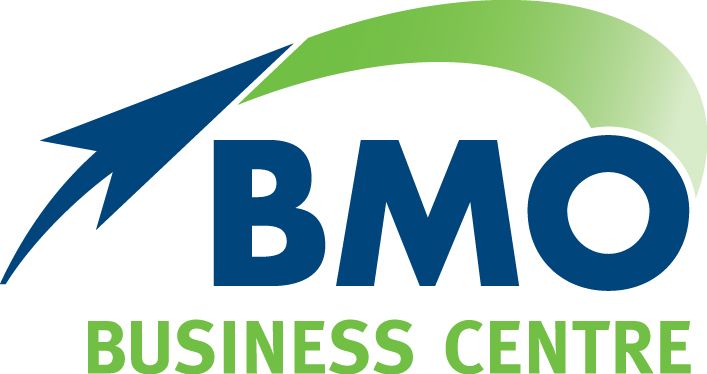Tax planning for wage earners
Tax planning for wage earners
Budgeting and tax planning might sound like something just for businesses, but getting advice before 30 June is important for individuals too, especially if you’re earning higher wages. One option to consider is salary packaging.
If you are an employee, you would typically receive a regular salary paid directly to a bank account. Sometimes, it can be beneficial to forgo part of our cash salary and receive payment in the form of some other type of benefit instead. In this situation, you make an agreement with your employer to receive part of your payment for work in the form of a ‘non-cash benefit’. This is called salary packaging.
One of the main benefits of salary packaging is that it may allow you to reduce the amount of tax you have to pay. This allows you to receive a greater overall benefit from your employment, as the amount you save in tax you receive in non-cash benefits. In theory, it’s possible to salary package any benefit you like. However, only certain items will provide a tax benefit when packaged.
When you elect to package part of your salary, you are still required to pay tax. The amount and type of tax you pay depends on what you are receiving. Non-cash benefits are generally subject to a tax called fringe benefits tax (FBT), rather than being taxed at your marginal rate.
So what benefits do not attract FBT? Superannuation contributions, laptop and portable computers, work related items like protective clothing, subscriptions and memberships, professional education and income protection are some examples of how salary packaging allows you to structure your income in a more effective way. As most of these items are expenses that are usually payable over 12 months, now is the time to be planning for next financial year.
The success of a salary packaging strategy strongly depends on the tax implications, which is why we recommend that you seek advice and speak with your accountant as to what suits your situation.
This document provides general information only. It is not intended to take the place of professional advice and you should not take action on specific issues in reliance on this information. This information does not take into account the investment objectives, financial situation or particular needs of any particular person. Before making an investment decision, you need to consider (with or without the assistance of an adviser) whether this information is appropriate to your needs, objectives and circumstances.
The post Tax planning for wage earners appeared first on BMO Accountants.


